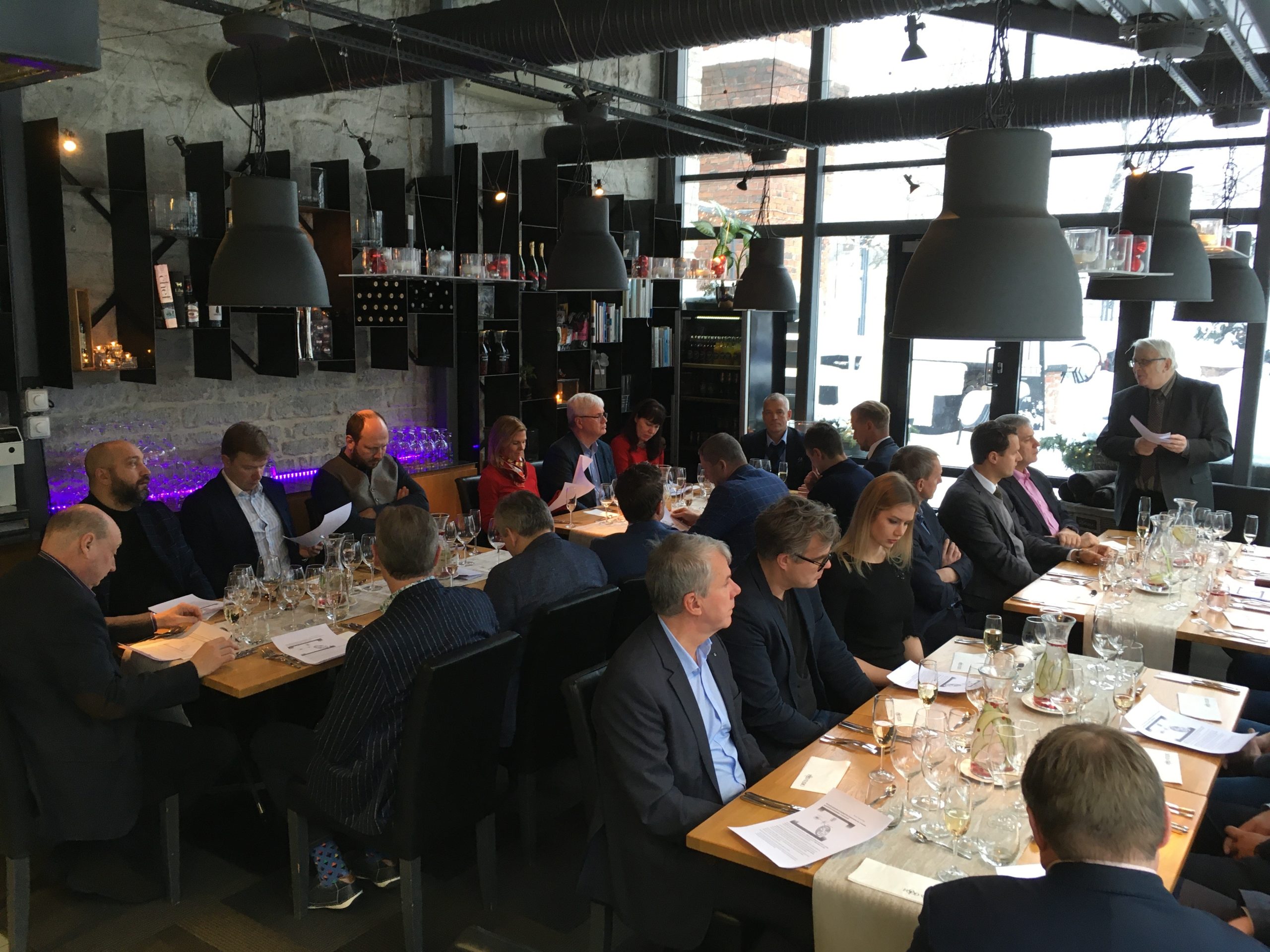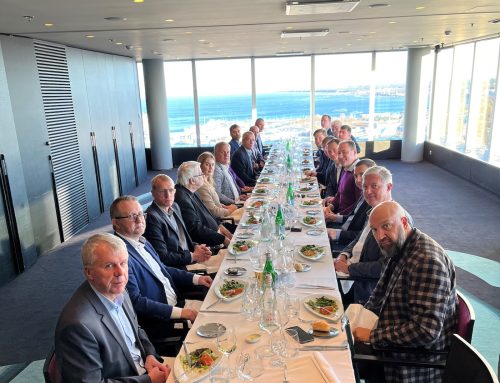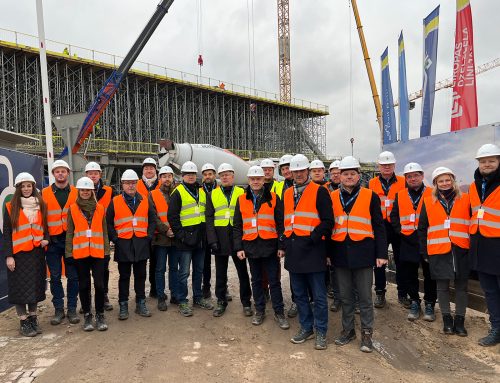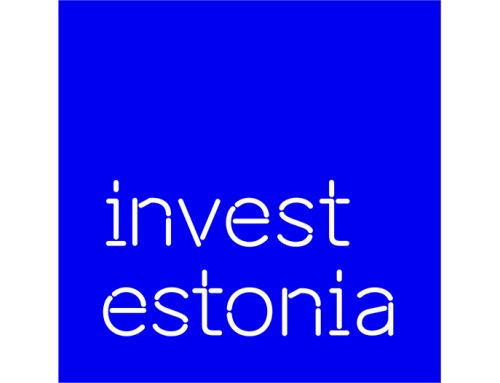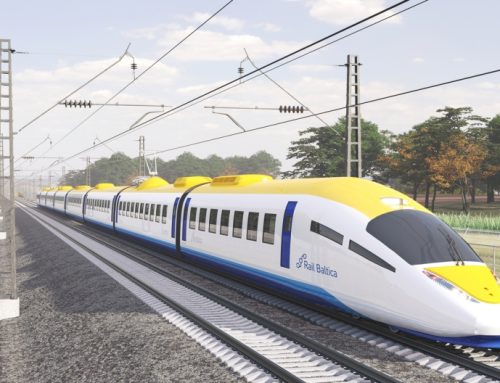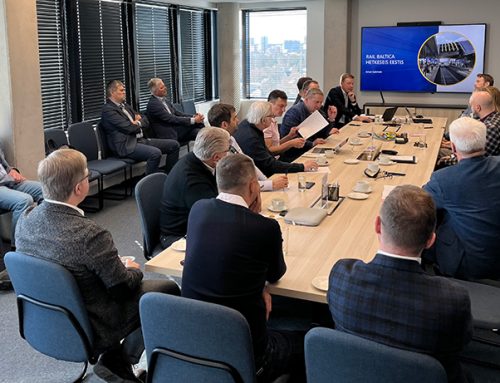In December 2021 Rail Baltica Business Network Estonia (RBBN) organised a year-end luncheon seminar for its members and guests with Mr Henrik Hololei, the Director-General of the Directorate-General for Mobility and Transport of the European Commission (DG-MOVE) as the keynote speaker. The purpose of the event was to gather the public and private stakeholders of Rail Baltica (RB) to discuss and summarise the most important developments in the RB project over the past year.
Hololei: new year will see more actual construction works of RB
Henrik Hololei: “I am glad to say that as regards Rail Baltica, the Estonian business community has been very active. In the coming year, we should be seeing a lot more actual construction, and I hope that the project will materialise exponentially more than before,” added Hololei, according to whom Rail Baltica no longer has time to wait because competition for financing of large European infrastructure projects is intensifying.
A study on the global competitiveness of Rail Baltica
Professor Erik Terk of the Estonian Institute for Future Studies of the Tallinn University presented the main conclusions of their recent study on the potential of RB for remote logistics freight transport in different geopolitical scenarios. According to him, two connecting corridors – one to the west and the other to the south towards the Adriatic Sea – are initially important for RB. He added that over time the Arctic transport corridor through the Norwegian port of Kirkenes, which is both a connecting corridor and also a competing trade route, may be added.
Terk further elaborated on the three potential scenarios for the future global economic environment:
A) Geopolitical competition – a combination of economic and political battles;
B) Geoeconomic competition – a battle between major economic powers; and
C) A world without a leader – there are few power games between major states in trade relations, but there may be disruptions to the agreed rules.
According to Terk competition between the US and China in which the European Union (EU) is involved to some extent, but not completely, can be predicted to be the base case scenario.
Rail Baltica will face global competition but its regional necessity remains undisputed
Professor Terk added that the future of rail transport is affected by such geopolitical reality that trade with certain states is either restricted or increased, various existing transport corridors are used more or less, and efforts are made to introduce a couple of new transport corridors where possible. Some of these forecasts would affect Rail Baltica’s business more, others less, but none of them call into question the importance and necessity of RB in connecting the economic spaces of the Baltic States and Finland with central Europe through an additional environmentally friendly transport corridor.
Rail Baltica Business Network Estonia is a non-profit association founded in 2015 to give businesses a better opportunity to have a say in issues related to the new Rail Baltica railway and to involve the private sector in the development of RB and the mapping of the related business opportunities at an early stage. The business network currently has 29 members.

